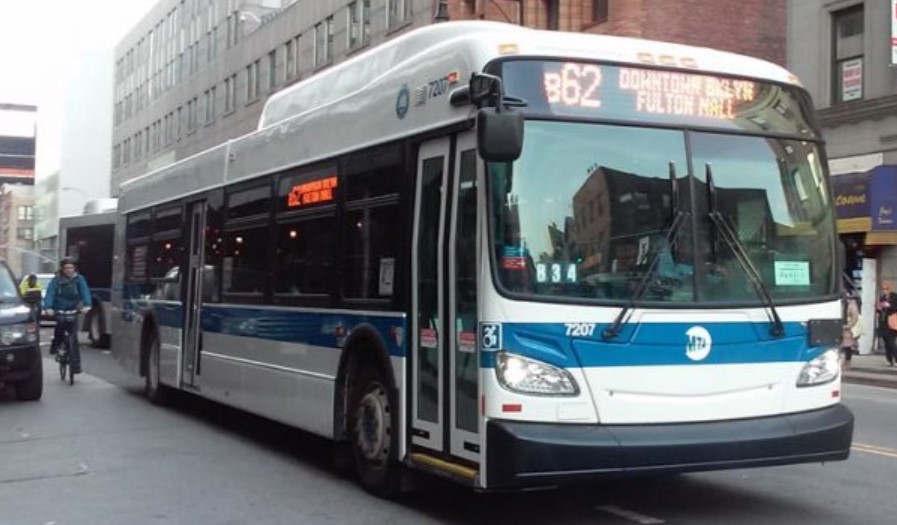Smart. Secure. InCard.
Innovative Card Technologies is the maker of the ICT DisplayCard, a revolutionary new security solution for electronic fraud. At InCard, we believe that online buying and banking should be truly secure and that security solutions should be cost-effective, easy to use, and simple to implement. Meet the ICT DisplayCard – tough authentication technology in a slender payment card form.
The ICT DisplayCard can do everything that a credit card, corporate ID, or smart card can do, with one big plus: at the push of a button, a small screen on the front of the card displays a one-time passcode. During an electronic transaction, the customer enters the passcode in addition to a static password. This dual-factor authentication method makes doubly sure that the person initiating the transaction has the authority to do so.
Electronic fraud is a huge problem; millions of cases of identity theft each year total billions of dollars lost to corporations and private citizens. In order to safeguard electronic banking and buying, the Federal Financial Institutions Examination Council (FFIEC) mandated that financial institutions adopt dual-factor authentication methods by January 1, 2007, or risk fines. Authentication security offered by the ICT DisplayCard meets all FFIEC standards for dual-factor authentication.
InCard’s ICT DisplayCard is the latest in a line of payment card breakthroughs. Since issuing the LensCard in 1993, InCard has challenged industry expectations by demanding more from its cards. See our ‘About’ and ‘Products’ sections to learn more about what InCard’s innovations can do for your company.

Benefits of Cards
Credit cards offer a range of benefits to consumers, including convenience, security, rewards, and flexibility, and their transactions are fast, reliable, and secure, making them a popular payment method worldwide.


Smart
The smartness of our cards is constantly improving through the integration of cutting-edge technology, helping our cardholders enjoy a seamless and secure payment experience.

Secure
We take card security very seriously. Our cards incorporate state-of-the-art fraud prevention tools, including EMV chips, CVV security codes, and contactless payment technology. Additionally, we offer 24/7 monitoring and support to ensure that our cardholders are protected from identity theft and other forms of fraudulent activity.

Latest Design
The design of a credit card is created in such a way that makes the card easily recognizable by the issuing company, as well as secure and tamper-proof to protect the interest of both the cardholder and the company.
Our Latest Posts
- Credit Score: Definition, Types, Ranges
- Credit History: Definition, Components, Importance
- Is Turkizite A Good Investment? Pros and Cons
- What Is Deluxe Bus SYS On Bank Statement?
- Is Autopilot Investment App Legit?
- What is the Limit For Mobile Deposit at Bank of America?
- What Is A Pound Key On A Debit Card? All You Need To Know
- Is It Illegal To Refuse To Give Insurance Details? Answered
- Does Winco Do Cash Back On Debit Card? Answered








